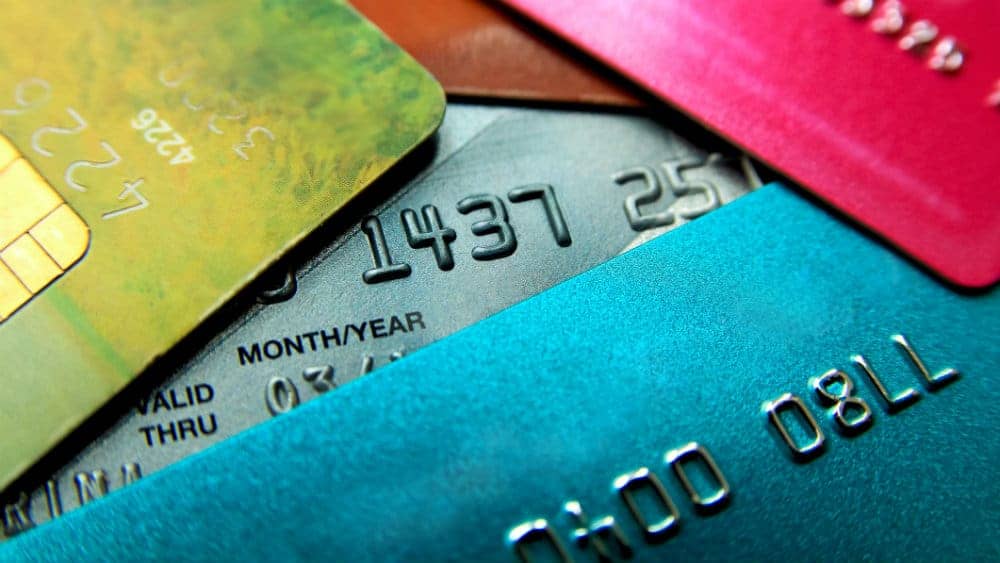If you are experiencing financial difficulties, the temptation may creep in to lie on a credit card application. However, doing so can have some serious consequences. We take a look at the key reasons why it’s a bad idea.
[top_pitch]
Is it bad to lie on a credit card application?
Yes. It’s not a good idea to lie on a credit card application because it is illegal, ethically wrong and is likely to damage your credit score. Lying on your application to access a card you cannot afford could lead to financial problems and even bankruptcy.
Passive income stocks: our picks
Do you like the idea of dividend income?
The prospect of investing in a company just once, then sitting back and watching as it potentially pays a dividend out over and over?
If you’re excited by the thought of regular passive income payments, as well as the potential for significant growth on your initial investment…
Then we think you’ll want to see this report inside Motley Fool Share Advisor — ‘5 Essential Stocks For Passive Income Seekers’.
What’s more, today we’re giving away one of these stock picks, absolutely free!
Can you lie about your age on a credit card application?
No. Confirming your age is among the first things credit card lenders do. Most credit card providers only issue credit cards to people aged between 18 and 65.
What happens if you lie on a credit card application?
You will likely be prosecuted for fraud if caught lying on a credit card application, which could result in a significant fine or even jail time. Such a crime goes on your credit report. If you need credit in the future, you may not be considered regardless of how strong your financial position is.
If you are lucky enough to avoid getting caught when lying on a credit card application, don’t think you’re away scot-free.
There is a reason why lenders have strict requirements. It not only protects them from risk but ensures you’re in a position to make the repayments. If you lie on your credit card application and end up in a situation where you’re unable to make the required payments, that’s when you will get caught.
[middle_pitch]
What happens if you make a mistake on a credit card application?
Naturally, it’s best to avoid making any mistakes on your credit card application as they reflect poorly on you. Always go through your completed application form more than once to check for errors. It might be in your best interest to have another person go through the form as well.
The problem with mistakes is that it is difficult to prove to the lender that a particular mistake is genuine. For example, if you provide incorrect employer information, the lender might understandably think you are trying to lie about your income.
Though it might be possible to correct mistakes, it’s likely that the lender may already consider you to be a high risk.
Do credit card providers check your income?
Yes. If you’re employed, a credit card application may require copies of your payslips. Self-employed individuals may need to provide their bank statements and tax returns for the most recent tax year. Your income is used to determine whether you can make your credit card repayments.
Do credit card companies check your bank account?
The short answer is no. However, depending on your source of income, credit card companies may request bank statements. That being said, credit card companies don’t have the right to access your bank account directly from your bank.
What do credit card providers look at for approval?
Credit card companies may look at multiple things when considering whether to approve your application or not. However, the most common factors considered include your:
- Income
- Household expenditure
- Credit score and debts
- Age
Credit card companies will also ask you to confirm that the information provided on the credit card application form is true and valid.







